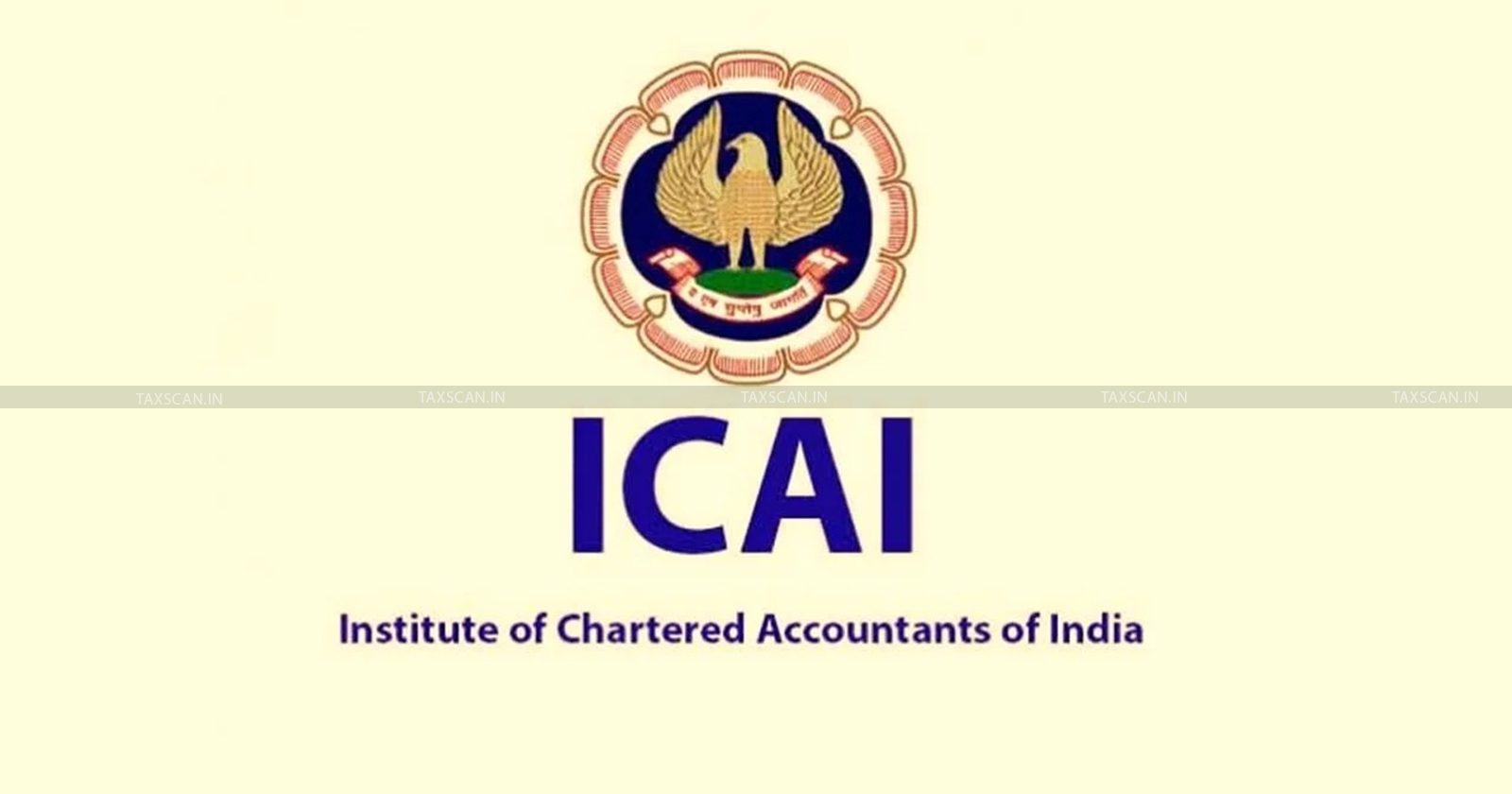CA certifies SPICe Form verifying Address of Company in Video Call: ICAI finds CA guilty of Professional Misconduct [Read Order]
The Disciplinary Committee noted that the SPICe form required the certifying professional to declare that they had personally visited the registered office. The Committee determined that relying solely on video call verification did not meet the standard of due diligence

ICAI – Institute of Chartered Accountants of India – CA – Chartered Accountant – CA certifies SPICe Form – taxscan
ICAI – Institute of Chartered Accountants of India – CA – Chartered Accountant – CA certifies SPICe Form – taxscan
The Institute of Chartered Accountants of India ( ICAI ) found Chartered Accountant ( CA ) guilty of professional misconduct for certifying SPICe for company incorporation verifying the address in video call sending his associate to place and not personally visiting the place.
The ICAI has removed the respondent- CA’s name from the Register of Members for a period of 60 (sixty) days and a fine of Rs. 20,000 (Rupees Twenty Thousand only) be imposed upon him, to be paid within 90 days
The case was initiated following a complaint by the Registrar of Companies ( RoC ), NCT of Delhi and Haryana.
Become PF & ESIC Pro: Basic to Advance Course - Enroll Today
The RoC alleged that M/s Digipeergo Tech. Pvt. Ltd. engaged in fraudulent activities by using dummy individuals as subscribers to the Memorandum of Association (MoA) and Directors. The company was reportedly registered with forged documents, falsified addresses, and forged signatures.
It was further alleged that the CA involved in certifying e-forms had failed to discharge professional duties and knowingly collaborated with the directors and shareholders to submit false information.
Specific allegations included:
- The registered office of the company was not found at the specified address during physical verification.
- The company engaged in suspicious activities, including money laundering and tax evasion.
- Frequent changes in directorship pointed to illegal operations.
- Dummy subscribers and falsified documents were used during incorporation.
However, after an investigation by the Director (Discipline), the CA was held prima facie guilty only of failing to verify the registered office address.
During the hearing held on July 26, 2023, the CA appeared via video conferencing. The complainant failed to attend despite being notified.
The CA defended the certification, stating that the verification of the registered office was conducted via video call by an associate. The CA argued that the requirement to personally visit the premises was not explicitly mandated by the Companies Act, 2013, or the Companies (Incorporation) Rules, 2014. Instead, this requirement was part of the declaration in the SPICe form.
The CA contended that:
- The term "personally visited" in the SPICe form could include video verification.
- The declaration in the SPICe form was non-editable and could not be modified to specify the mode of verification.
- The physical office requirement under Section 12 of the Companies Act applied only after a company's incorporation.
Become PF & ESIC Pro: Basic to Advance Course - Enroll Today
The CA also presented evidence, including co-working space agreements, payment records, and third-party verification reports, to demonstrate compliance.
The ICAI Disciplinary Committee noted that the SPICe form required the certifying professional to declare that they had personally visited the registered office. The Committee determined that relying solely on video call verification did not meet the standard of due diligence.
Additionally, the arrangement with the co-working space was deemed insufficient to establish a physical office as required under the Companies Act.
The Committee stated that the subscription plan used by the company indicated a virtual office setup rather than a functional registered office. This arrangement failed to meet the requirements of Section 12 of the Companies Act, 2013, which mandates a registered office capable of receiving and acknowledging communications.
The Committee, after examining the overall facts, observed that the Respondent had certified the incorporation form of M/s Digipeergo Tech Pvt. Ltd., which did not comply with the requirements of the Companies Act, 2013.
Furthermore, the Respondent failed to properly evaluate the form and instead issued an incorrect declaration claiming to have personally verified the registered office of the Company.
Consequently, the Respondent was found accountable for failing to perform professional duties with due diligence. This conduct demonstrated a lackadaisical approach towards professional responsibilities, and the Respondent was held guilty of Professional Misconduct under Item (7) of Part I of the Second Schedule to the Chartered Accountants Act, 1949.
To Read the full text of the Order CLICK HERE
Support our journalism by subscribing to Taxscan premium. Follow us on Telegram for quick updates


